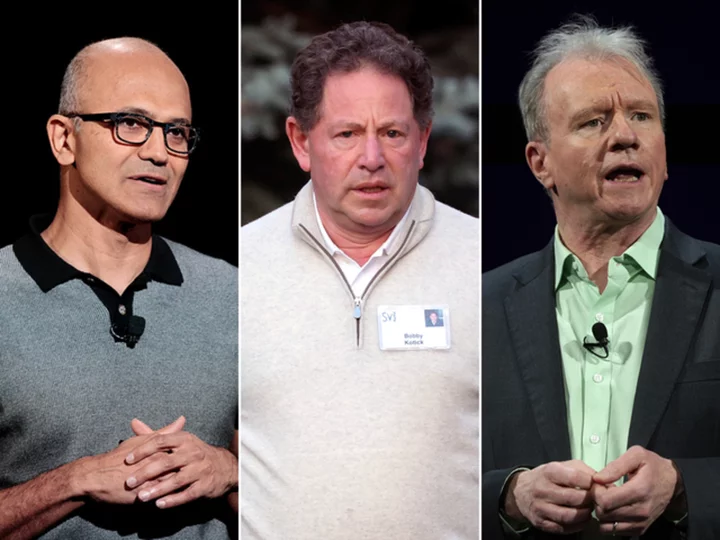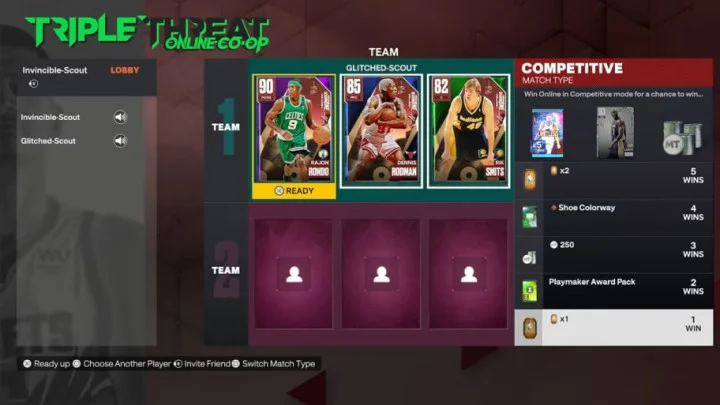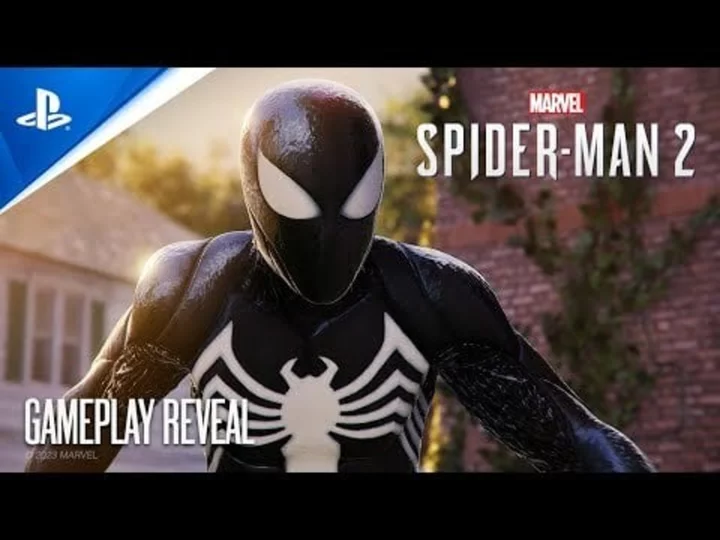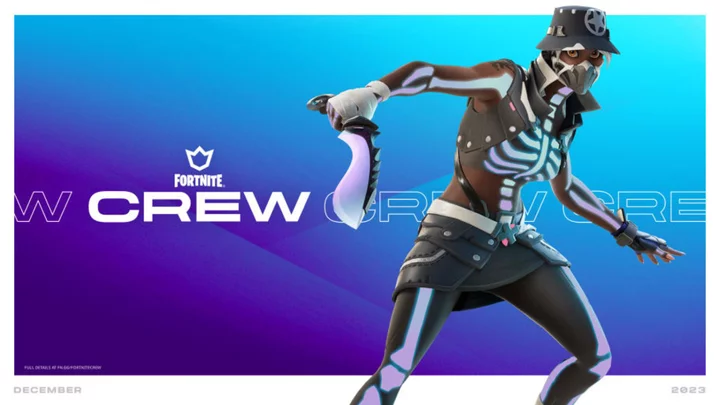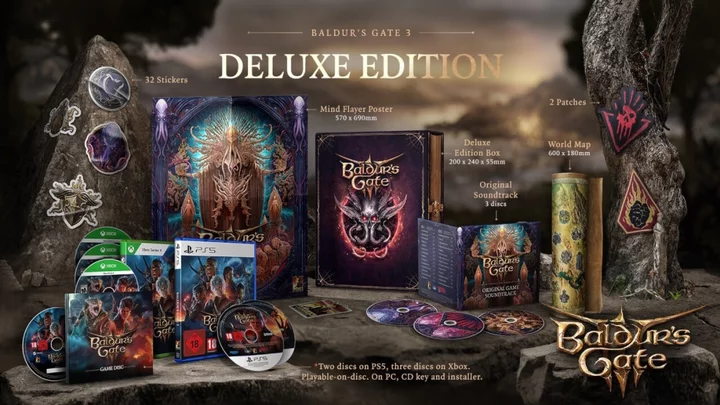Microsoft and the video game giant Activision Blizzard will face off Thursday against the US government in a high-stakes battle over one of the largest technology acquisitions in history.
The showdown in federal court will have the CEOs of both companies taking the stand to defend their $69 billion merger against claims that the combination could violate US antitrust law and harm millions of consumers.
The outcome of the fight will shape the future of the multibillion-dollar games industry. It will also impact enormously popular gaming franchises such as "Call of Duty" and "World of Warcraft," which Activision owns and would be transferred to Microsoft under the deal.
Also testifying will be the top financial executives from both companies; senior leaders from Microsoft's Xbox division; the CEO of Microsoft Gaming, Phil Spencer; and a vocal critic of the deal, Sony gaming CEO Jim Ryan.
The days-long affair begins Thursday and is scheduled to run through next week.
In bringing the case, the Federal Trade Commission is asking a US district court judge for an injunction that would temporarily halt the deal. That would keep the companies from closing their merger, at least until the FTC's in-house court rules in a separate proceeding on whether the acquisition is anticompetitive.
But this week's fight over a preliminary injunction may prove decisive for the deal as a whole. Microsoft has said that a victory for the FTC at this stage "will effectively block the transaction" overall.
In this hearing, the FTC does not need to prove that the deal is anticompetitive. It just needs to show that the agency would be likely to succeed in doing so if the case moves ahead, and that otherwise its ability to enforce US antitrust law would be harmed.
The clash comes as Microsoft and Activision face down a contractual July 18 deadline to consummate the deal. Failure to close, or any permanent court order to block the merger, could force Microsoft to pay a $3 billion breakup fee to Activision, according to the deal's terms.
A crucial moment for Microsoft and the FTC
The FTC lawsuit has put Microsoft under the harshest antitrust scrutiny in the US in more than two decades. It also could be a crucial test for the FTC at a time when it's trying to rein in the tech industry broadly, with mixed success.
In its initial challenge to the merger in its in-house court last year, the FTC alleged the deal would harm competition by turning Microsoft into the world's third-largest video game publisher — allowing it to raise video game prices with impunity, restrict Activision titles from rival platforms and harm game quality and player experiences on consoles and gaming services.
Some of those concerns have also been raised internationally. The UK government has challenged the acquisition, and the New Zealand government on Tuesday warned that the deal could be anticompetitive.
Microsoft has sought to address the concerns by hammering out multi-year licensing agreements with competitors such as Nintendo and Nvidia to ensure that their platforms will continue to receive popular titles if the deal goes through.
The company has also put forth an 11-point pledge to keep its platforms open, a commitment that applies not only to the Activision Blizzard deal but to virtually all of Microsoft's gaming business going forward.
Last month, Microsoft said the European Union would require it to license Activision games "automatically" to competing cloud gaming services as a condition of allowing the merger to proceed in the EU. That commitment, Microsoft said, "will apply globally and will empower millions of consumers worldwide to play these games on any device they choose."
Although EU regulators have said the concession addresses their concerns, officials in the US and the UK are continuing with their legal opposition to the deal.
The standoff particularly focuses attention on FTC Chair Lina Khan, a tech industry critic who has argued for litigating difficult cases and for introducing novel legal theories to help adapt US antitrust law to the digital age.
Khan won a significant victory last year when the FTC forced Nvidia to abandon its attempted acquisition of the chipmaker Arm. The deal would have combined two companies in adjacent industries in what is known as a vertical merger, a type of deal that is rarely blocked in the United States.
But Khan also suffered a setback when the FTC unsuccessfully tried to block Facebook-parent Meta from acquiring Within Unlimited, a virtual reality startup. The FTC had argued that the acquisition was an attempt by Meta to quash competition in the nascent VR industry, but earlier this year, a federal judge declined to issue a preliminary injunction of the kind the FTC now seeks against Microsoft. The FTC dropped its case against Meta soon after.

